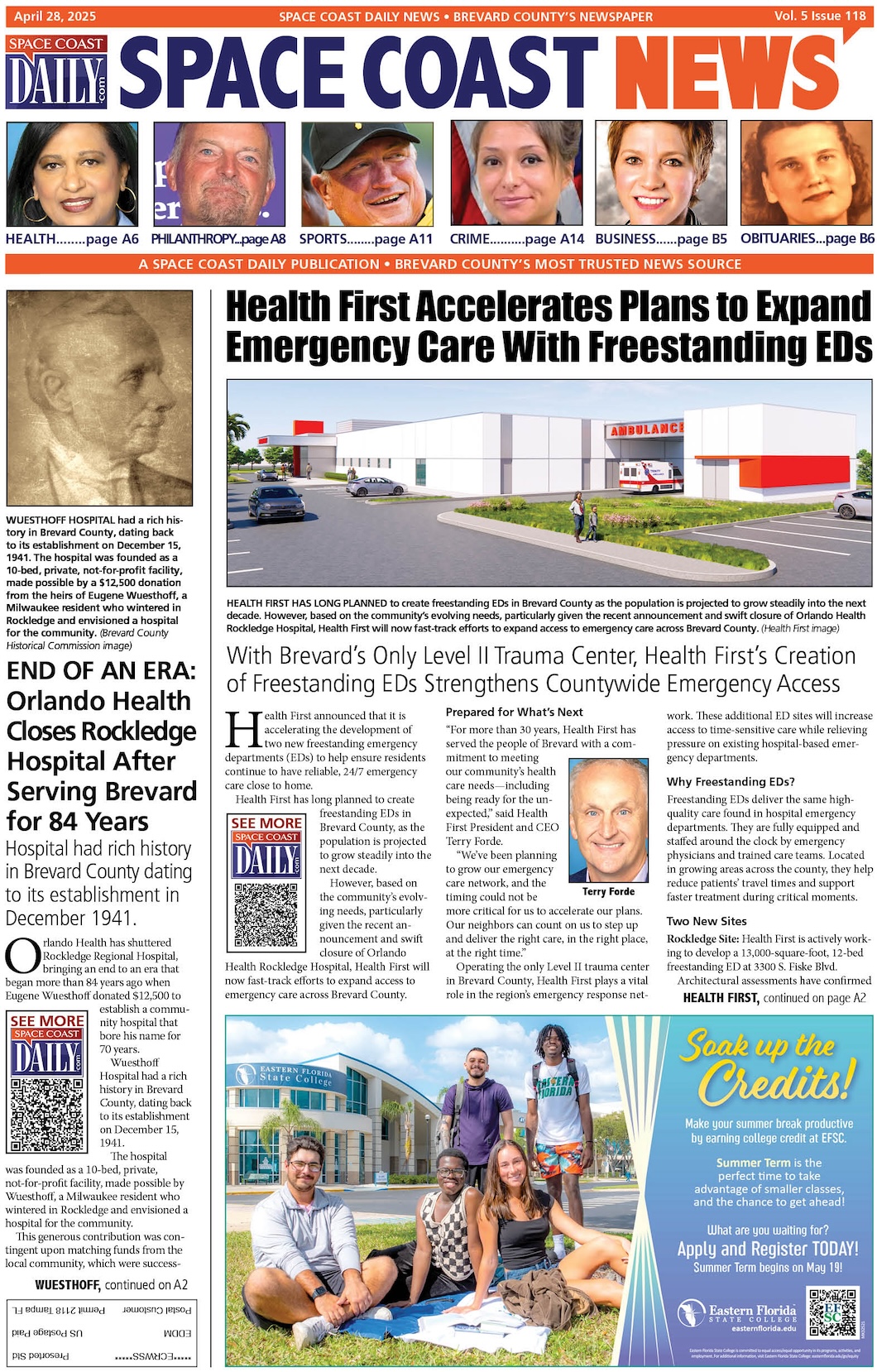The Uncharted Depths of Allegation: Legal Defense in Cases Where Personal Histories, Misinterpretations, and Legal Preconceptions Shape the Fate of the Accused
By Space Coast Daily // May 24, 2025

Allegations, when woven from the threads of personal history and misinterpretation, present a legal landscape fraught with ambiguity. The pursuit of justice becomes a delicate dance between objective fact and subjective perception. The complexities arise when past experiences, emotional biases, and ingrained narratives overshadow the search for truth. In such cases, the accused often finds themselves in a precarious position, where preconceptions can shape their fate. This is particularly true in sensitive cases that a child molestation defense lawyer Washington state might handle. Defense lawyers, in particular, must navigate this labyrinth of human emotion and legal scrutiny. The challenge of separating truth from perception is a central concern.
The Weight of Personal Histories
Echoes of the Past: How Personal Histories Shape Accusations
Personal histories cast long shadows, influencing how individuals perceive and interpret present events. Past relationships, unresolved conflicts, and emotional traumas can color accusations, creating a narrative that aligns with pre-existing biases. Seemingly unrelated incidents from the past may be woven into current claims, bolstering their perceived validity. Emotional biases, deeply ingrained over time, can distort perceptions and create narratives that align with personal experiences. Challenging these deeply rooted perceptions requires a nuanced approach, as these narratives often feel irrefutable to those who hold them. The weight of personal history can become an almost insurmountable obstacle in the pursuit of justice.
The Perils of Misinterpretation
A Matter of Perspective: How Misunderstandings Lead to Accusations
Miscommunication and misunderstandings can escalate into serious accusations, particularly in sensitive situations. Differing interpretations of events, often influenced by personal biases, can lead to drastically different perceptions. Proving innocent intent becomes a Herculean task when actions are misconstrued. Context and perspective play a crucial role, as a single action can be perceived in multiple ways depending on the lens through which it is viewed. For instance, a casual remark can be interpreted as hostile, or a friendly gesture as inappropriate. Such misinterpretations can have devastating consequences, underscoring the importance of clear communication and careful consideration of context.
Legal Preconceptions and the Presumption of Guilt
The Shadow of Doubt: Legal Preconceptions and the Accused
The legal system, while designed to be impartial, is not immune to societal biases and preconceptions. In cases laden with emotion and sensitive subject matter, the presumption of innocence can be overshadowed by a presumption of guilt. Media coverage and public opinion can further exacerbate this issue, shaping perceptions and influencing legal outcomes. Sex offender lawyer Seattle, for example, often find themselves battling not only the specific allegations but also the societal stigma attached to such cases. The challenge lies in ensuring that the accused receives a fair trial, where evidence and due process prevail over preconceived notions and emotional biases. The fight for justice requires constant vigilance against the subtle influences that can undermine the presumption of innocence.
The Defense Strategy: Navigating Subjectivity
Advocacy Amidst Ambiguity: Defending Against Subjective Allegations
Defending against allegations rooted in personal histories and misinterpretations demands a unique legal strategy. Child molestation defense lawyers, in particular, must grapple with the emotional weight of these cases while maintaining objectivity and focus. Meticulous evidence gathering and witness testimony become paramount. Expert witnesses can play a crucial role in providing alternative interpretations of events and challenging ingrained biases. Defense attorneys must dissect the narrative presented by the accuser, identifying inconsistencies and highlighting the potential for misinterpretation. This requires a deep understanding of human psychology, communication patterns, and the complexities of memory. The defense strategy must be carefully crafted to navigate the subjective nature of the allegations and present a compelling counter-narrative.
The Impact on Families and Communities
Collateral Damage: The Ripple Effects of Accusations
The impact of accusations extends far beyond the courtroom, leaving a trail of collateral damage in its wake. Families and communities are often torn apart by the allegations and the ensuing legal battles. The accused, even if ultimately exonerated, may face social stigma, ostracism, and irreversible damage to their reputation. A domestic violence defense attorney Seattle often witness the devastating impact on families, where children may be caught in the crossfire and relationships irrevocably fractured. The community itself can be deeply affected, with trust eroded and divisions created. It is essential to recognize the broader consequences of these cases and strive for resolutions that promote healing and reconciliation.
Conclusion
Navigating cases where personal histories, misinterpretations, and legal preconceptions shape the fate of the accused presents a formidable challenge. The complexities inherent in these situations underscore the necessity for a legal system that prioritizes fairness and due process, even when faced with emotionally charged allegations. The delicate balance between seeking justice and safeguarding individual rights requires constant vigilance and a commitment to objectivity. Recognizing the potential for biases and misinterpretations, and understanding their profound impact, is crucial for ensuring just outcomes. The pursuit of truth demands a nuanced approach, acknowledging the human element while upholding the principles of impartial justice.











